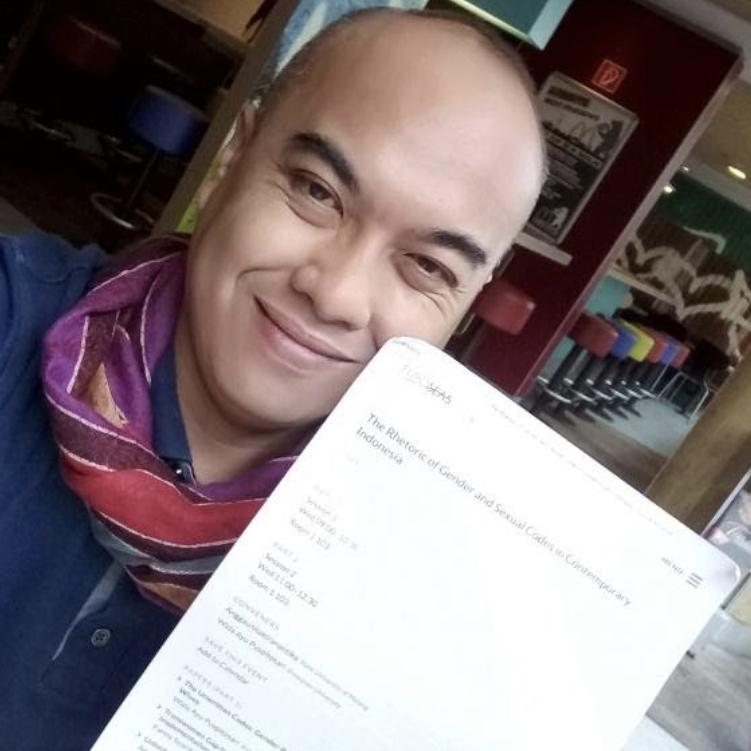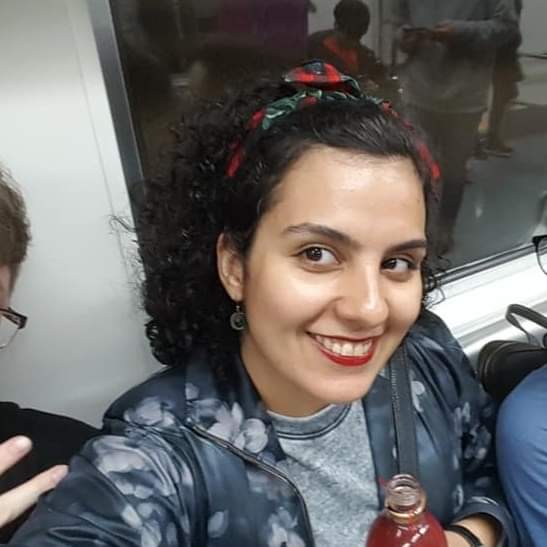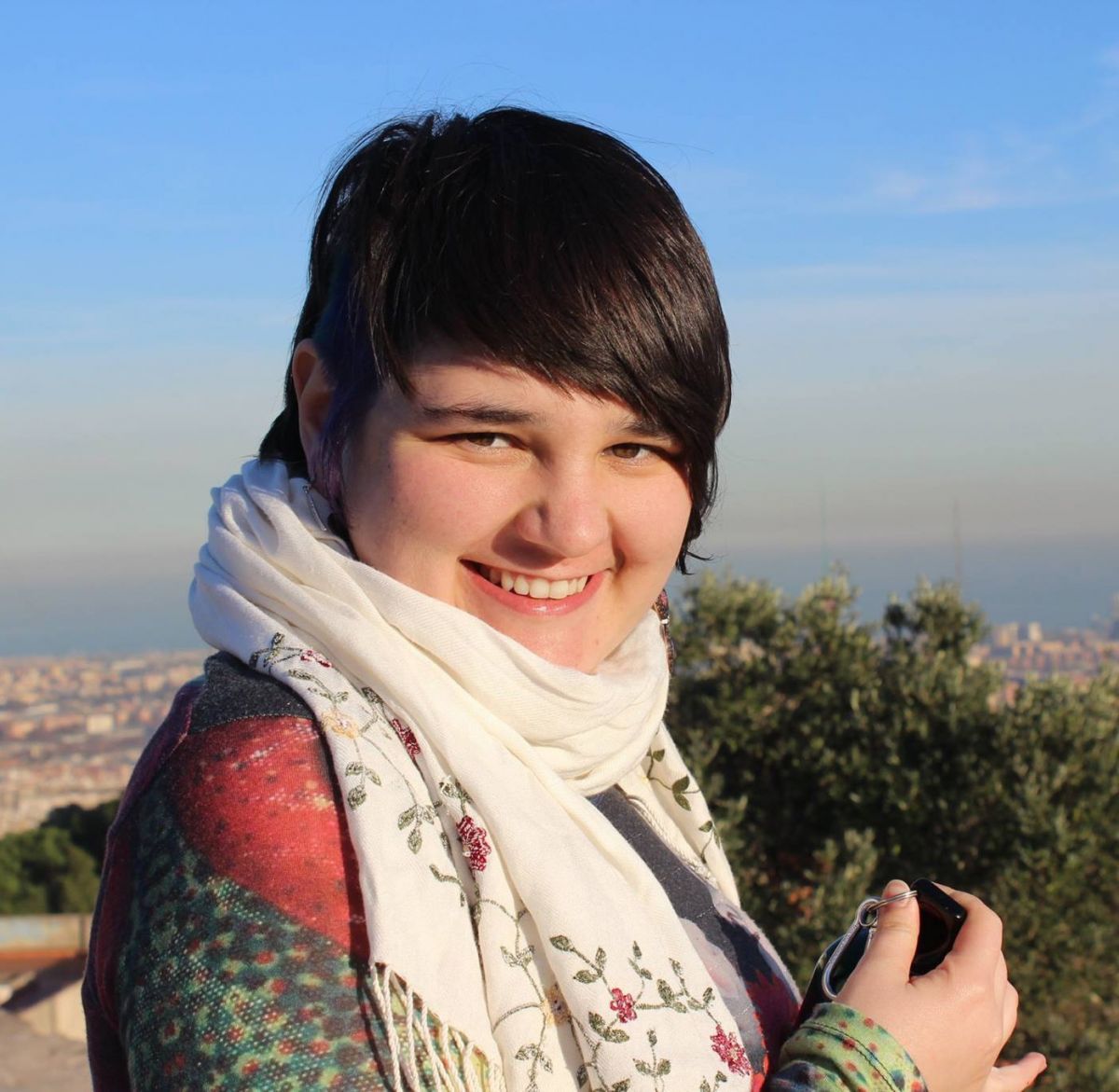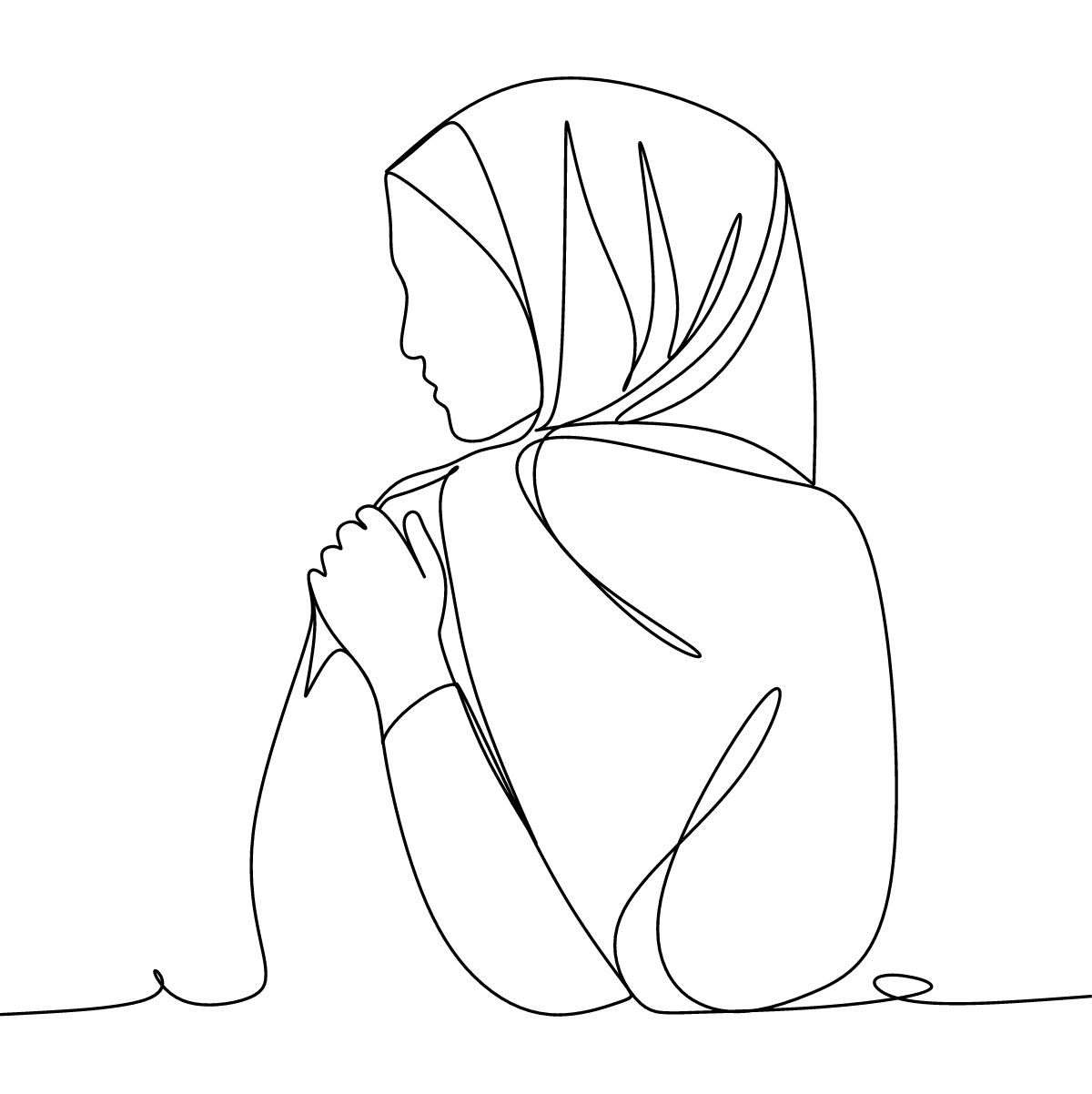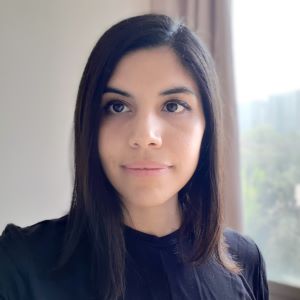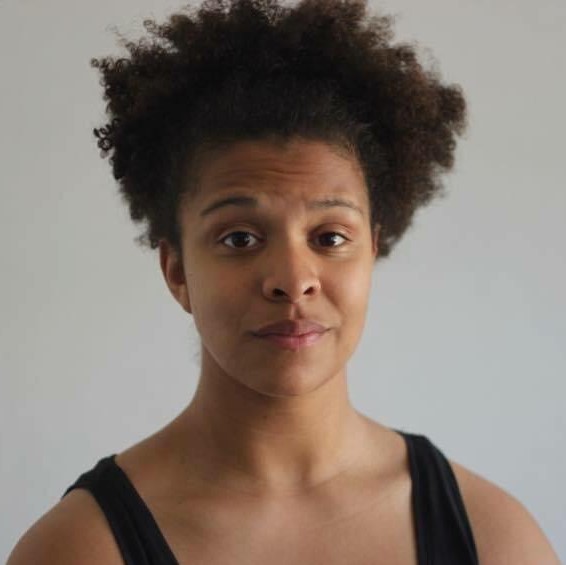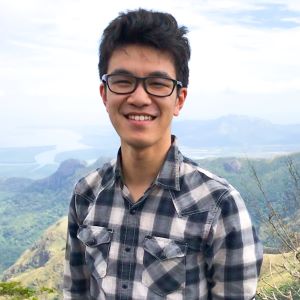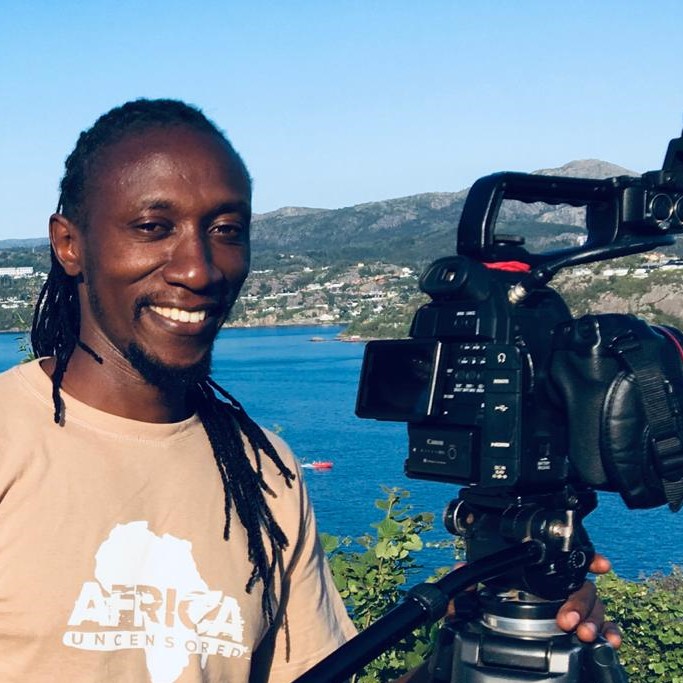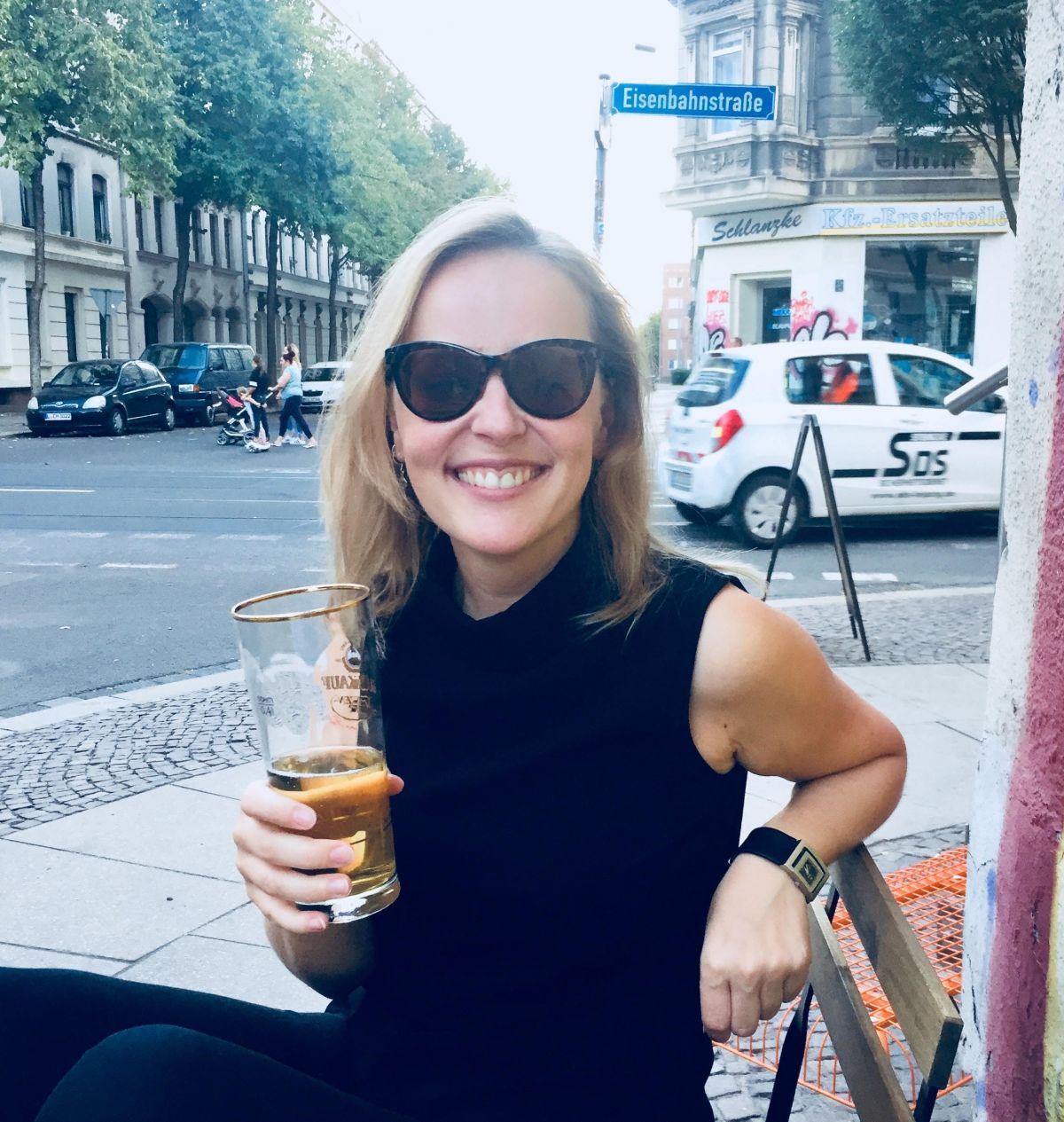Creating Safe Spaces for Everyone in Indonesia
Safe spaces aren't just bunkers or secret hiding spaces. Sometimes, a safe space is a community that lets you express yourself safely.
Indonesia, Southeast Asia
Story by Fanny Syariful Alam. Edited by Melaina Dyck
Published on April 5, 2022.
Reading time: 7 minutes
This story is also available in 

What comes to your mind when someone talks about safe space? A bunker? A secret place to hide? A place to protect yourself? A safe space may even be a non-physical “place,” such as a good friendship or an understanding relationship. My friend used to come to me as a safe space. She said that she needed my help to resolve her issues with her boyfriend because of his violent behaviors. She added that she felt safe talking with me about the issues despite her silence about this to everyone, even to her parents.
Let us move to safe space in a larger sense. I highlight what has happened to my friends from different religions who tend to encounter persecution due to their faith in Bandung, my city. For example, Pak Dhiyat from the IJABI Shia community told me that some radical Muslim groups persecute Pak Dhiyat's community by marching and threatening the participants for conducting the Ashura Festival every 10 Muharram (the first month of the Islamic calendar) because they say that the IJABI Shia community deviates from authentic Islamic teaching and it is a blasphemy. I also remember seeing the incident protesting the Christian community at ITB: a religious group named PAS (Penegak Ahlul Sunnah, Defenders of the Sunnah) interrupted Pastor Stephen Tong's Revival Worship. The group accused the event’s committee of using the place for the event up to the end of the night despite the fact that the community regularly conducts the worship up to late at night every year. The protesters claimed the worship was supposed to end in the afternoon.
When I think about safe space, I also think about my Lesbian, Gay, Bisexual, Transgender (LGBT) friends. I was shocked when Indonesia’s House of Representatives suggested the plan to criminalize LGBT people through the adultery articles of the newly drafted Criminal Law. I also recall in the first periods of COVID 19 some vloggers pranked some of my transwoman friends in Bandung by sharing packages of daily needs, which actually were only trash, bricks, and decayed food.
I do not forget about Chinese-Indonesian descendants either. I have seen how they have encountered generations of discrimination in Indonesia. It started with the implementation of Law No. 62 in the Year 1958, which mandated a certificate of Citizenship (SKBRI) to evidence that they were Indonesian citizens. Then, their social, political, and cultural rights were marginalized. I cannot ignore the May 1998 riot, which showed the actual hatred, and discrimination against them. At this event, dozens of Chinese descendants were killed and raped and most Chinese-owned shops were raided.
Considering these events, I think that safe spaces are important for everyone and particularly those minorities because they face hardships in expressing themselves and voicing their interests. However, what type of safe space is required to accommodate their needs in Indonesia?
Safe Space is not only ‘a room’, but ‘a need to express and voice safely.’
Before moving forward to the necessity of safe space, I would like to kindly remind you that Indonesia is a huge country with 34 provinces, consisting of approximately 269,603,400 people with diverse ethnicity, races, and religious identities. That is why our country has the principle of Bhinneka Tunggal Ika or “Unity in Diversity.” This principle reflects the unity of Indonesians without recognizing any disparateness of ethnic, religious, and racial backgrounds. Contrary to this principle, nowadays, many people in Indonesia have criticized diversity, particularly against the minorities I mentioned. When these minority groups face marginalization from the government apparatus to the public, they feel threatened and unable to express themselves. My youth community members in Bandung School of Peace (SEKODI) Indonesia gather with people from minority groups every week. They share their problems expressing themselves openly according to their religious and sexual orientations or publicly expressing their gender identity, fearing people will discriminate as well as criminalize them. Therefore, a safe space is an alternative room for them.
Safe spaces should be safe from prejudice and judgment with zero intolerance
My youth community always gets inspired when listening to minorities’ experiences regarding the need for a safe space with diverse functions. I always emphasize to the youth members how to put ourselves in their positions, so that we can think and behave on behalf of humanity. For example, my transwoman friend, Ayu Cantika, says that a safe space is like a place to visit for any minority rejected by their families. They come with limitations in their gender expressions, sometimes suffering serious health issues ignored by their relatives or families. Meanwhile, my transman friend, Retsu, highlights that the spaces should be safe from prejudice and judgment with zero intolerance. Hobbie, a representative of sexual minorities, adds that it is where people feel safe to express themselves and create dialogues.
Perspectives about safe space could differ from one person to another. Pak Dhiyat from the IJABI Shia community suggests that a safe space for his community could be conditional—protecting his community from the protests that occur every time they celebrate the Ashura festival. In this sense, a safe space is essentially required to prevent persecution against their religious festivals. In terms of Chinese-Indonesian descendants, my friend, Nadia Priatno, a community activist in Bandung, says it is important to create a safe space for the descendants since, after the May 1998 riot, she considers that the condition for most of them remains unsafe. This also appears to be due to the polarization of identity politics in Indonesian presidential campaigns in 2014 and 2019, as well as Jakarta’s governor election when Basuki Tjahaja Purnama (nicknamed Ahok) was elected in 2017. A Chinese descendant, Christian, and Jokowi’s ally (Indonesian President) was eventually discarded politically by a hardline Islamist group and his contender.
I see that safe space could vary depending on the needs. In brief, it refers to the importance of safe voicing and expressing openly, particularly from the minorities of religion, sexual orientation, gender identity, and race and ethnicity. It can not only be a physical room but also a condition or situation, or even a specific group with the same interests that can bring minorities to speak up about their interests without other people’s negative and harsh judgments and threats due to their differences in opinion.
How does this story make you feel?
Follow-up
Do you have any questions after reading this story? Do you want to follow-up on what you've just read? Get in touch with our team to learn more! Send an email to [email protected].
Editorial
Fanny has been writing for us before, describing how members of the LGBTQ+ community in Indonesia sometimes struggle to follow their religious believes because they are being condemned by political and religious leaders (first recommended story). Other correspondents write about similar issues, like Megan, who found identity and a safe space to express themselves by joining the queer scene in Korea - until queer people were blamed for the spread of COVID in the country (second story below). Laura on the other hand struggles with interiorized lesbophobia, or having negative feelings about lesbianism while being a lesbian. In their story, they describe how they decided to enjoy loving someone, no matter what they were taught or what others think about it (third recommended story).
Recommended Further Reading
Talk about this Story
Please enable cookies to view the comments powered by Disqus.
Subscribe to our Monthly Newsletter
Stay up to date with new stories on Correspondents of the World by subscribing to our monthly newsletter:
Tags
Topic: Liberation
> Afghanistan
Afghan Girl on the way of following her dreams
A story by Ayesha Ghafori
5 min
15th of August 2021 was the last day of school. And Ayesha would never return to school. Here she tells us how her normal life turned upside down after Taliban invaded Afghanistan. Read more...
> United Kingdom
Democracy Dies With A Whimper
A story by Anonymous
7 min Long Read
To me, Hong Kong was more than just another Chinese city with a glittering skyline. It represented a haven, a refuge for the political freethinker, the alienated youth, and international vagabond alike. It was a bastion of liberal values, bolstered by a strong rule of law, an independent judiciary and principled, upstanding media willing to fight to preserve their freedom. Read more...
> United States
The Birth of Understanding One’s Privilege
A story by Sidra Kennedy
4 min English Audio available
There were 9 of us on the program, a group of white, North American and European 18- and 19-year-olds. And once we stepped into the clinic, all people saw was that we were white. Read more...
Explore other Topics
Get involved
At Correspondents of the World, we want to contribute to a better understanding of one another in a world that seems to get smaller by the day - but somehow neglects to bring people closer together as well. We think that one of the most frequent reasons for misunderstanding and unnecessarily heated debates is that we don't really understand how each of us is affected differently by global issues.
Our aim is to change that with every personal story we share.
Community Worldwide
Correspondents of the World is not just this website, but also a great community of people from all over the world. While face-to-face meetings are difficult at the moment, our Facebook Community Group is THE place to be to meet other people invested in Correspondents of the World. We are currently running a series of online-tea talks to get to know each other better.







